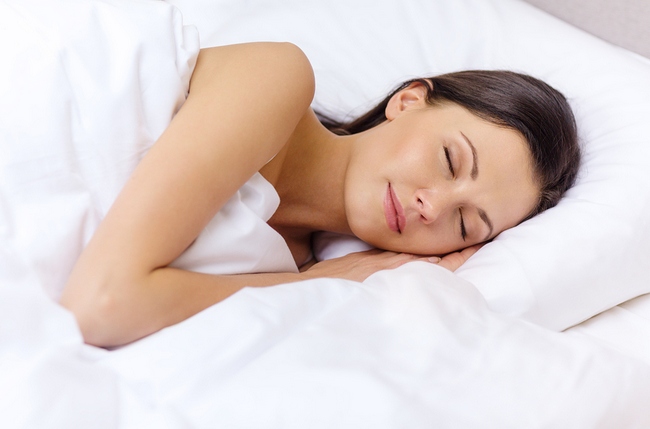Don't Miss
- Make It Yourself Lavender Heart-Shaped Bath Bombs!
- 20 Things You Never Knew About “Down There”
- 12 Best Foods For Those Suffering From Arthritis Pain
- 12 Personal Hygiene Mistakes Almost Everyone Makes (Mom Never Told You About #4!)
- 15 Medicinal Plants And Herbs From The Cherokee People
- 12 Mind-Blowing Benefits Of Drinking Coconut Water During Pregnancy
- 12 Outstanding Winter Foods That Won’t Fatten You Up Like A Christmas Turkey
Free Subscription To the Freshest Health News And Tips
Hide this
Sleepless Nights Associated With Poor Mental Health
So how can you get more sleep?
If we know that lack of sleep is tied to decreased mental health, how can we reduce our risks? Simple! Get more sleep. What are some ways you can ensure a better night’s sleep?
- Make sleep a priority. Schedule sleep just like you would schedule other things you prioritize in your life, such as exercise or time with your family.
- Make sure your bedroom is dark and quiet.
- Don’t use cell phones, tablets, or computers before bed.
- Avoid caffeine and large meals before bedtime.
- Turn down the thermostat. Our bodies sleep better when it is a few degrees cooler.
- Be careful with naps. Naps that are too long or too close to bedtime may make it difficult to fall asleep.
- Exercise during the day. Sleep quality is significantly improved when you consistently exercise during the day.
READ ALSO: 7 Natural Drinks You Can Make For Better Sleep Infographic
What does this all mean?
Sleep is important to your mental health. Although everyone may have a sleepless night here and there, sleep should be a priority for each of us. Your brain and mental health deserve it. You deserve it.
References:

































